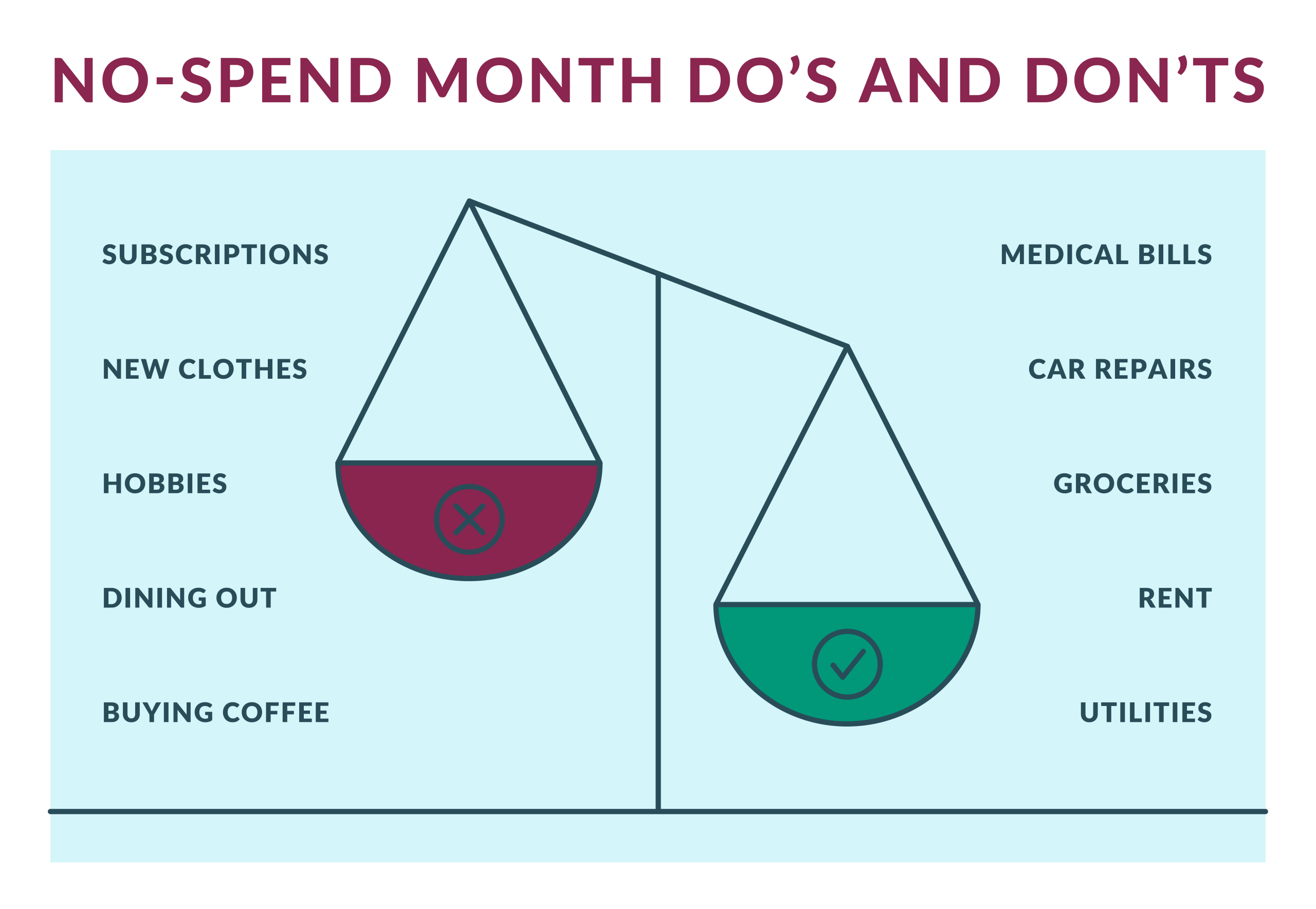Anúncios
Store credit cards have gained popularity in the United States as a convenient way for consumers to enjoy exclusive discounts and rewards at their favorite stores.
But are they really advantageous? Before applying for any type of credit card, it is essential to research all the details and understand whether the option fits your needs.
In this content, we will analyze what store credit cards are, how they work, and what benefits and disadvantages they offer us.
What are store credit cards?
Store credit cards, also known as store branded credit cards, or retail cards, are cards issued by stores or retail chains.
These cards usually offer exclusive benefits for purchases made at the issuing store, such as immediate discounts, early access to promotions, or rewards programs.
We can divide them into two main types. Check them out!
Closed-loop
A closed-loop card can only be used at the issuing store or chain of stores.
For example, a credit card issued by a large department store chain like Macy’s or Kohl’s will only be accepted at their own stores.
- Advantages: Closed-loop cards offer personalized rewards for in-store purchases and often have more flexible approval criteria.
- Disadvantages: Cannot be used outside the issuing store’s network.
Open-loop
On the other hand, open-loop cards are linked to large payment networks, such as Visa, Mastercard or American Express.
As such, they can be used both at the issuing store and at other establishments that accept the brand.
- Advantages: Open-loop cards are more flexible in use and offer additional benefits, such as travel insurance or cash back on other expenses.
- Disadvantages: Interest rates can be even higher than those of conventional cards.
Can a store card affect your credit score?
Yes, using store credit cards can impact your credit score in several ways, depending on how you manage the card.
When applying for a store card, the issuance usually involves a consultation of your credit report (Hard Inquiry) which can cause a small temporary drop in your score.
Therefore, paying your bills on time is essential to maintain or improve your score in your payment history. Since the limit of these cards tends to be low, it is easy to reach a high credit utilization rate, which can also negatively impact your score.
Likewise, opening a new card reduces the average age of your accounts, a fact that can negatively impact your score.
Although they help build your credit history, especially for those who are starting one, the impact depends exclusively on responsible use.
Understand the benefits of store credit cards
Store credit cards offer attractive benefits, especially for consumers who are loyal to certain retail chains.
That’s why it might be interesting to consider this possibility, using it responsibly, as we’ve already mentioned. Learn more about the advantages below:
1. Earning rewards
One of the main attractions of store credit cards are the rewards programs.
When you make purchases at the issuing store, you can accumulate points that can be exchanged for discounts or merchandise. Some cards even offer double points in seasonal promotions.
So, if you’re looking for good rewards, consider a card that can meet that demand.
2. It can help build credit
For those who are just starting out on their financial journey, store cards can be a gateway into the credit market.
Since they usually have more accessible approval criteria, they are a viable option for young adults or people with limited credit histories.
3. Earning bonuses
Many stores offer significant bonuses when signing up for the card. For example, you can get a 20% discount on your first purchase or additional credit after spending a specific amount in a short period of time.
In other words, the card becomes synonymous with savings. Therefore, it is worth checking if there are bonuses and if it is interesting for your consumption habits.
What disadvantages does this type of card offer?
Although store credit cards have their attractions, they also have disadvantages that need to be evaluated.
So, we have gathered the main ones below so that you can take stock and make a more assertive choice. Check it out!
1. Higher interest rate
One of the biggest disadvantages of store credit cards is the high interest rate (APR).
On average, these rates are much higher than those of traditional cards, making them an expensive choice if you spend a monthly balance.
So, consider this detail when choosing a store credit card, as it can affect your budget.
2. Low credit limit
The credit limits of store cards are generally lower than those of conventional cards.
This limits your purchasing power and makes it difficult to maintain a low credit utilization rate.
In other words, compare the limit between it and a traditional credit card before making your choice.
3. It may be restricted in use
In the case of closed-loop cards, the restriction on use to the issuing store is an obvious disadvantage for those seeking greater flexibility.
After all, you can only use them in specific stores, which is very limiting in a purchasing process.
After all, is it worth having a store credit card?
Store credit cards are a great choice for those who are loyal to a brand and want to take advantage of exclusive benefits, such as discounts and rewards.
However, it is essential to consider the high interest rates and usage limitations before applying for one of these cards.
If you choose a store branded credit card, remember to use it responsibly, paying the bill in full every month to avoid unnecessary costs.
Evaluating your financial priorities and your consumption pattern will help you decide if this type of card is the right choice for you.
If you are looking for more information about credit cards, accounts, finances and loans, take advantage and read about unsecured credit cards.






